Category:Monetary Policy


The elite v. the people: Nigeria’s “cashless experiment”
December 14, 2023 | Post
A cashless society: the International Monetary Fund (IMF) calls it the future of money. The World Economic Forum (WEF) was enthusiastic about the concept way before it was cool. In the United States, the usual suspects such as the Brookings Institute and the New York Times ask our leaders to have the boldness and courage to follow this new path.
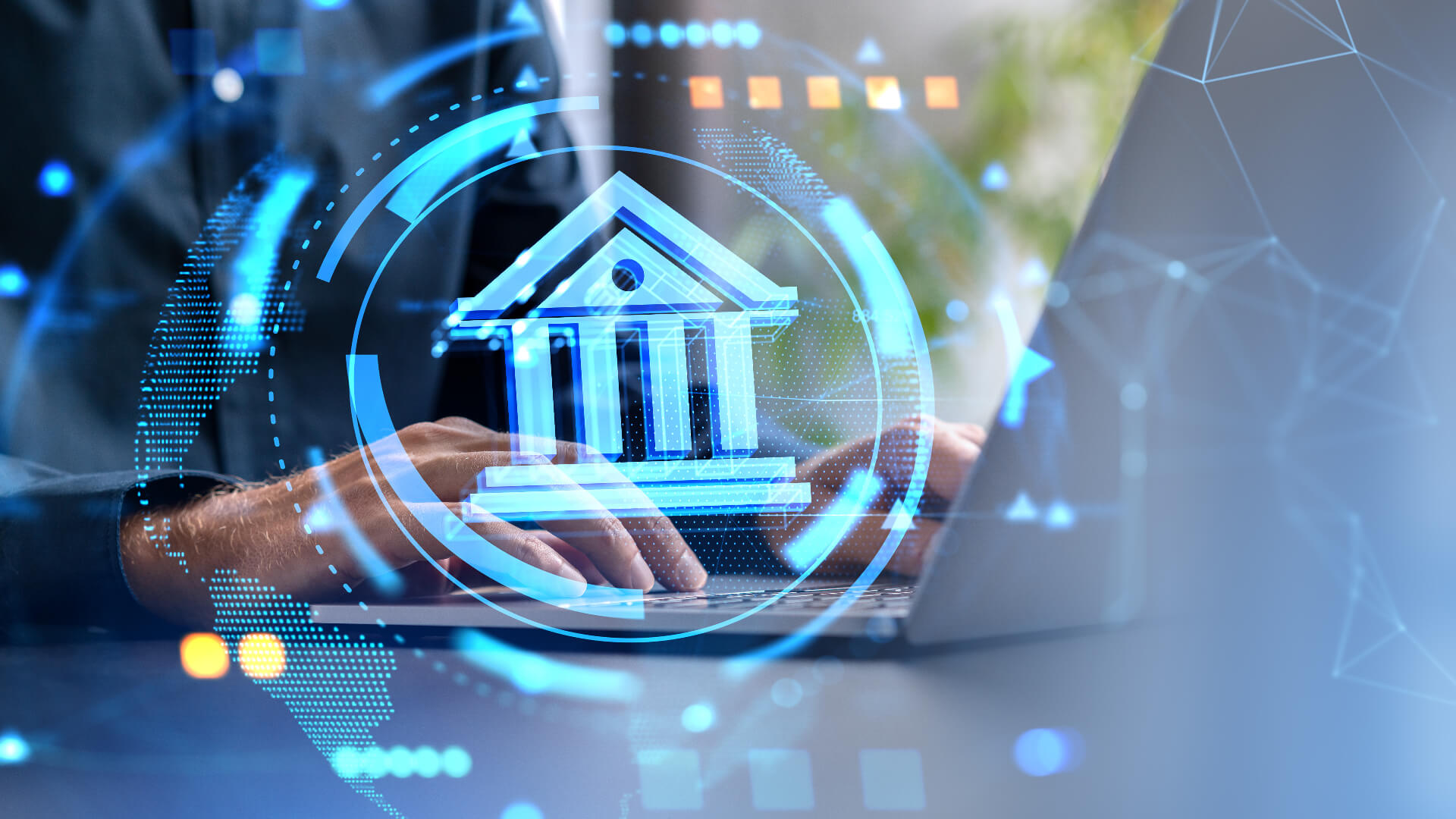
If you care about liberty, beware of CBDCs
December 11, 2023 | Post
In recent years, the concept of Central Bank Digital Currencies (CBDCs) has gained increasing traction across the globe, with proponents lauding the potential benefits of a digitized monetary system.
However, when we explore the real-life implications of CBDCs, it becomes increasingly clear that the rush toward digital currencies controlled by central banks poses a significant threat to individual liberty.
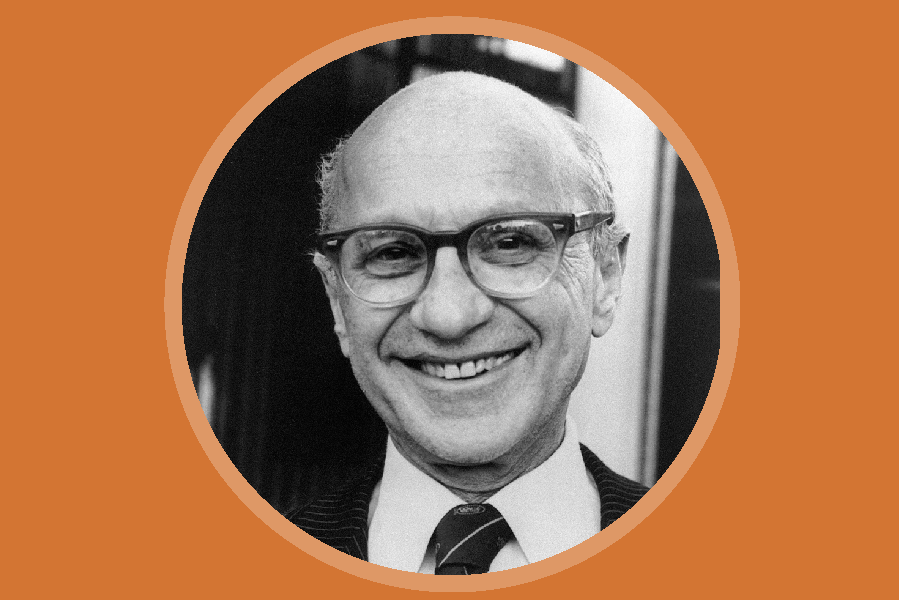
Happy Birthday Milton Friedman
July 31, 2023 | Post
In honor of Milton Friedman’s birthday, let’s review the American economist’s greatest contributions to the advocacy of free market capitalism.
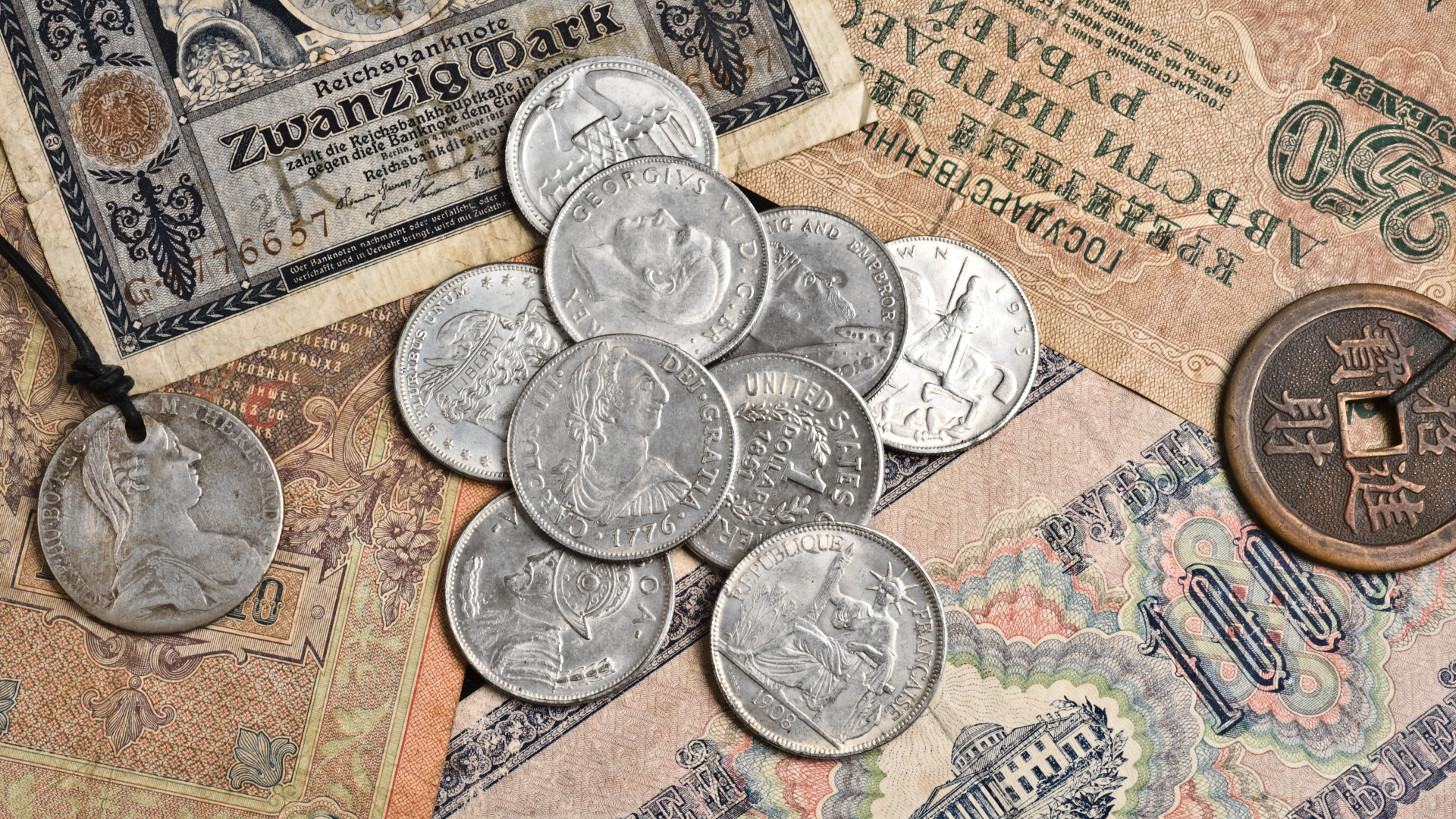
A history of money and the gold standard
July 28, 2023 | Post
The history of money is a story of human ingenuity and economic evolution. From the early days of bartering to the unfortunate establishment of fiat currency to a future rippling with potential thanks to cryptocurrencies, the concept of money has endured a wild ride.

5 Fiscal Policy Myths DEBUNKED
July 24, 2023 | Video
Tom Hogan has worked at the American Institute for Economic Research, the Cato Institute’s Center for Monetary and Financial Alternatives, and was Chief Economist for the U.S. Senate Committee on Banking, Housing, & Urban Affairs. Our Ethan Yang interviewed him and, in the process, Tom debunked 5 widely-held myths about fiscal and monetary policy. For […]
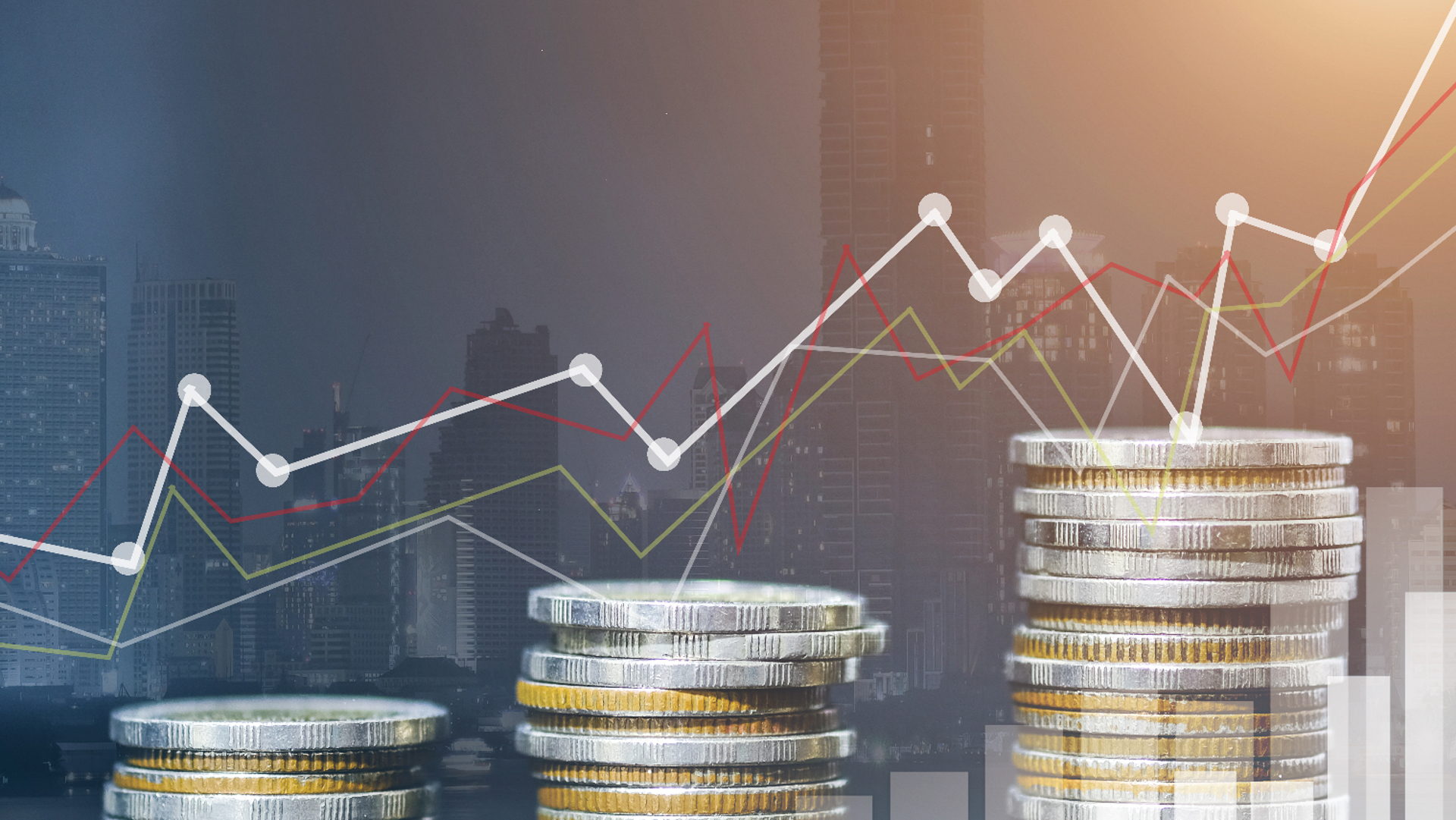
A tale of three Austrian entrepreneurship views
March 21, 2023 | Post
While Austrian economists have made great contributions in many subdisciplines of economics, their critiques of mainstream views of entrepreneurship have received arguably the most praise. Modern-day finance and entrepreneurship classes even use Austrian ideas dating back to Carl Menger’s Grundsätze der Volkswirtschaftslehre (Principles of Economics). But has Austrian Entrepreneurship Theory remained constant ever since?

Joseph Schumpeter: the most important economist you might not know of
March 21, 2023 | Post
Joseph Schumpeter (1883-1950) was an Austrian economist and political scientist. Born in what is now the Czech Republic, he studied at the University of Vienna, and his publications were closely tied to the Austrian school of Economics.

How financial surveillance and inflation are used to rob Americans
December 22, 2022 | Post
While inflation continues to severely impact the financial security of Americans, the IRS has warned business owners that they are legally obligated to report financial transactions of over $600 made through payment facilitators such as Venmo, CashApp, and PayPal.

Can the clever federal fox be outsmarted?
December 15, 2022 | Post
While the Federal Reserve prints more money to buy more things for the political establishment, the rest of us work to provide them with the resources they need for less pay in terms of purchasing power. So what can we do about it? Can we create alternatives to the Federal Reserve System?

Libertarian solutions to inflation
November 10, 2022 | Post
As long as half of the country believes that inflation is caused by the war in Ukraine, COVID, corporate profits, or that inflation like this is new and temporary, there will never be proper solutions. At best, it will be viewed as one of those random problems we must deal with when we have a crisis. At worst, policies like price controls and other government interventions will gain steam. Instead, we must move to cure inflation with more liberty.

Stop stealing our future: why inflation matters for everyone
November 10, 2022 | Post
Today, after record prices hit the everyday goods Americans use – food, housing, gas; everyone is familiar with the I-word. However, Americans are struggling to understand how inflation happens and why it matters so much.
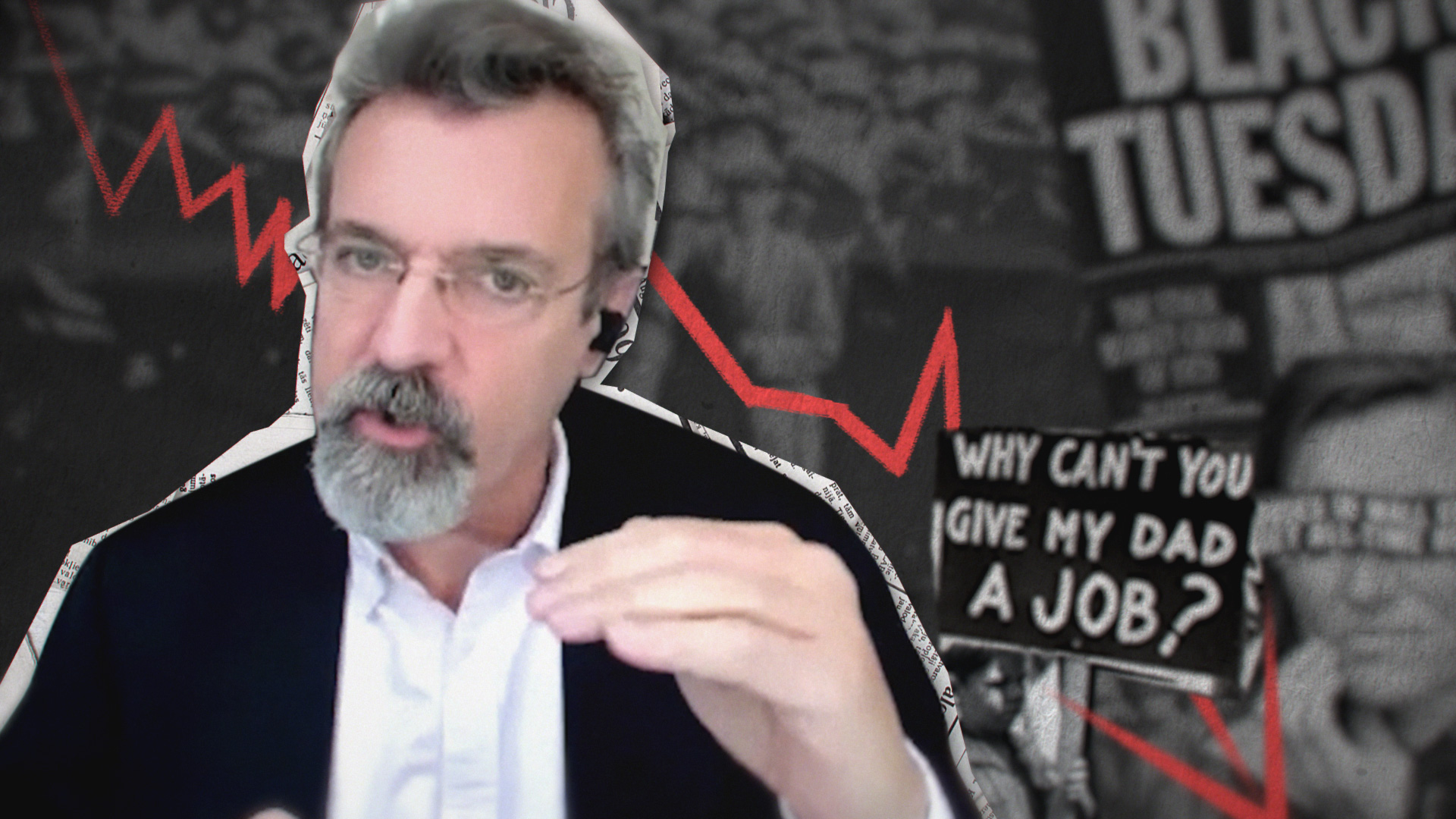
Prof. Antony Davies: 7 Myths You Learned in High School About the Great Depression
September 27, 2022 | Video
If you went to high school in America, you were told a lot of things about the Great Depression. Those things were probably wrong. (And they were based on a poor or nonexistent understanding of economics.) Meet Prof. Davies in person! He will be at LibertyCon International in Miami on October 14-15. See the […]
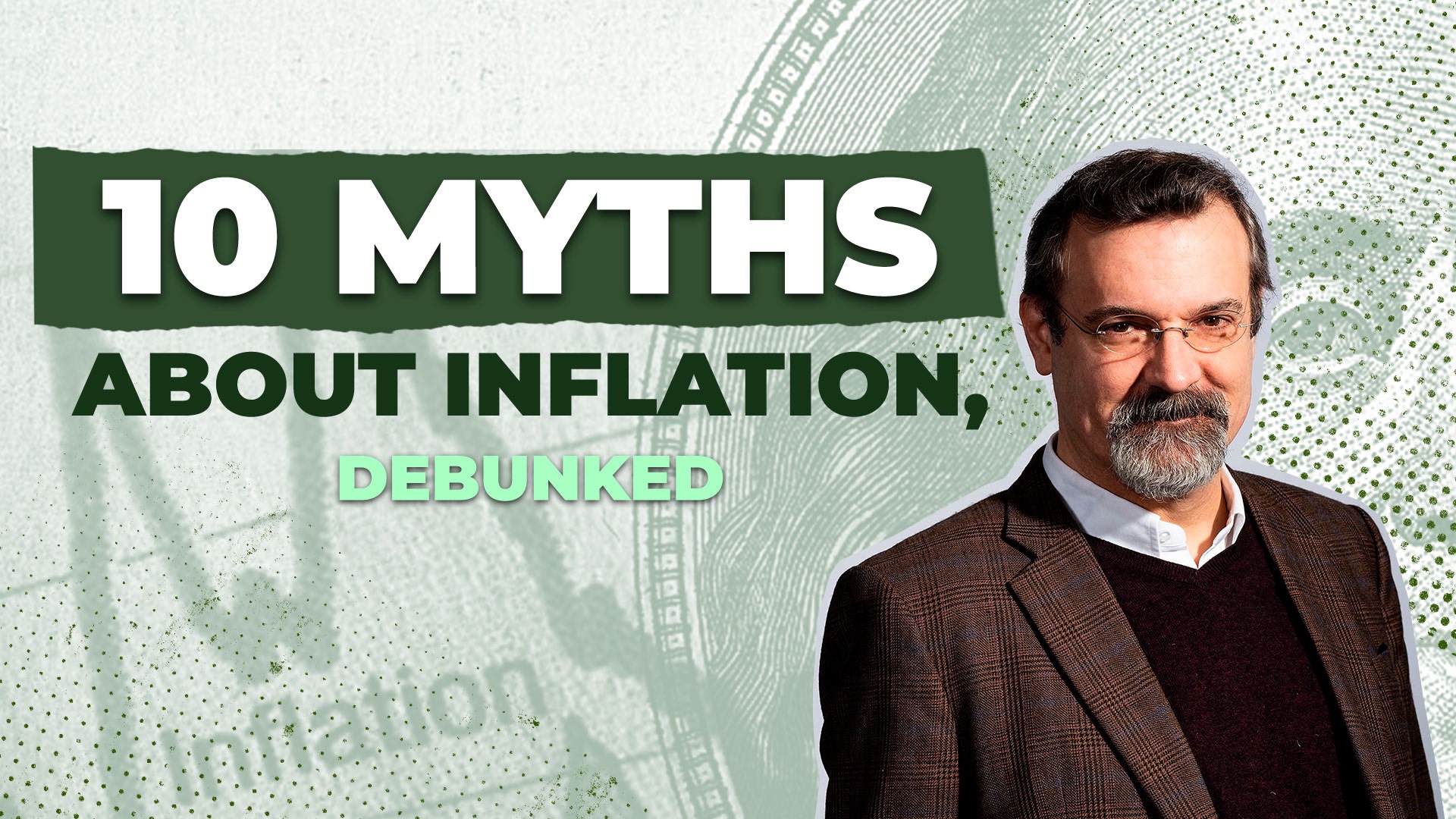
Prof. Antony Davies: 10 Myths About Inflation
April 13, 2022 | Video
Inflation is the word of the day; rates in the United States have hit 40-year highs, and seemingly everyone is feeling the pain — from the gas pump to the grocery store. But with growing media attention also comes bad or misleading information. To set the record straight, we brought in the heavy muscle: Learn […]

Build Back Better is more about handouts than human infrastructure
December 11, 2021 | Post
The Build Back Better Act is an attempt by the Biden administration to distribute handouts for specific sets of voters ahead of the 2022 midterms
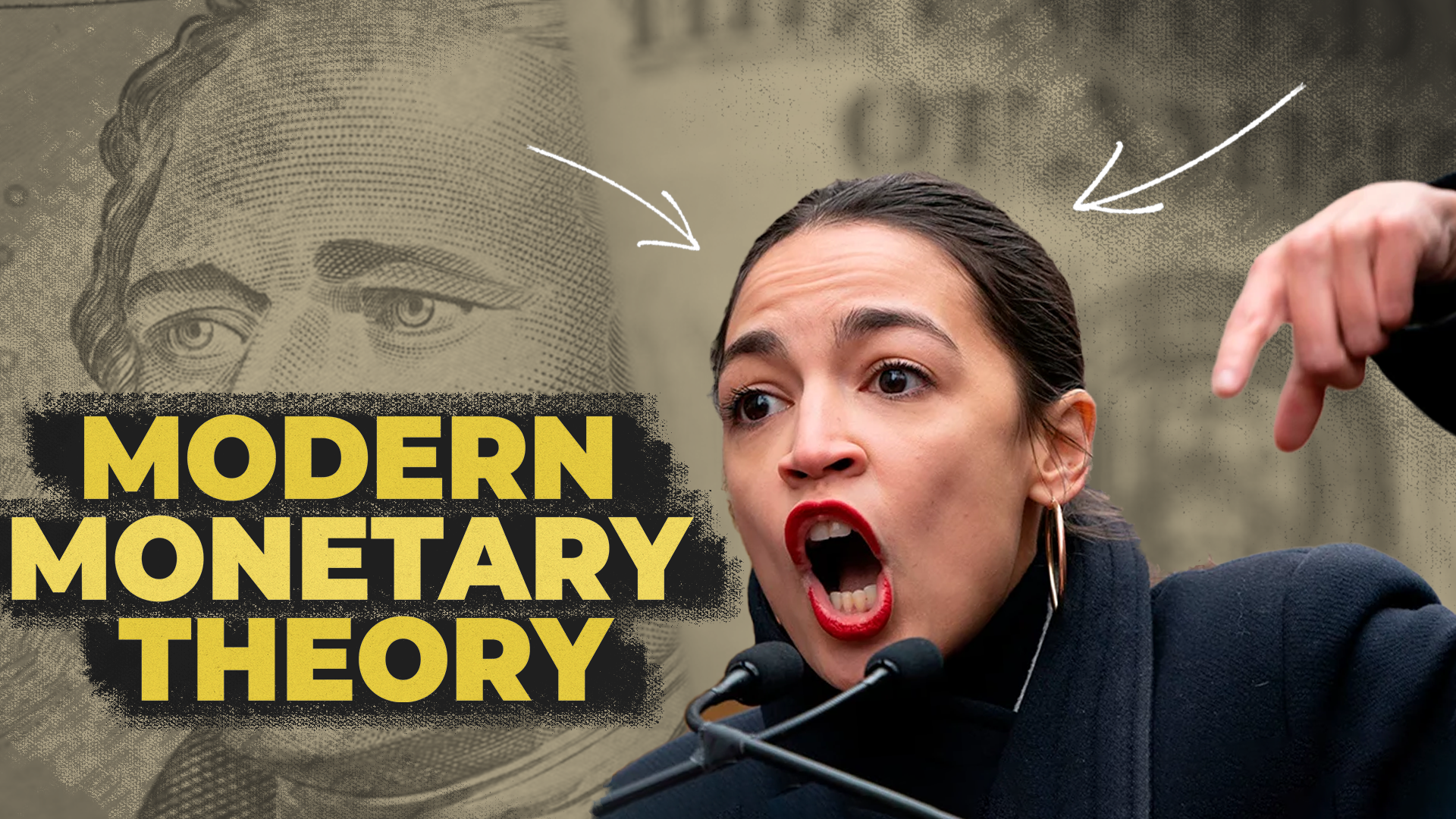
Is Modern Monetary Theory A Valid Policy?
December 1, 2021 | Video
The United States government is, yet again, facing a budget crisis. Government funding is set to expire on December 3, 2021 and Congress has a deadline of December 15 to raise the debt ceiling. Otherwise, the U.S. will default on its debts, and a worldwide financial collapse becomes a possibility.
Modern Monetary Theory (MMT) is part of the reason these crises — not to mention inflation — are becoming more common. It theorizes that because modern states control currency and have the power to levy taxes, they can print as much money as they want.
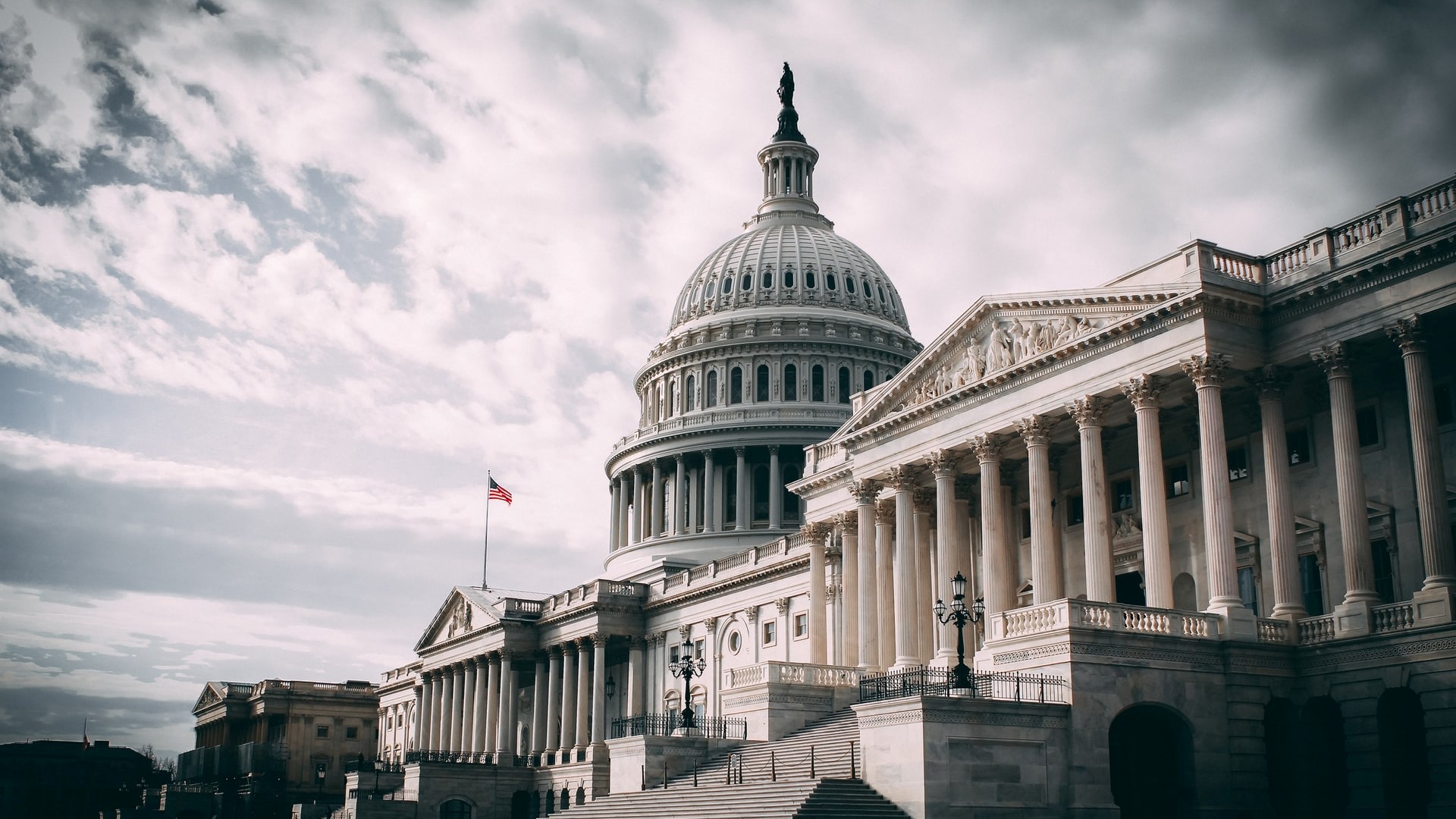
We cannot continue to ignore the root causes of America’s debt crisis
October 16, 2021 | Post
Addressing the debt ceiling may have been pushed further down the road, but the root causes of America’s debt crisis need urgent attention.
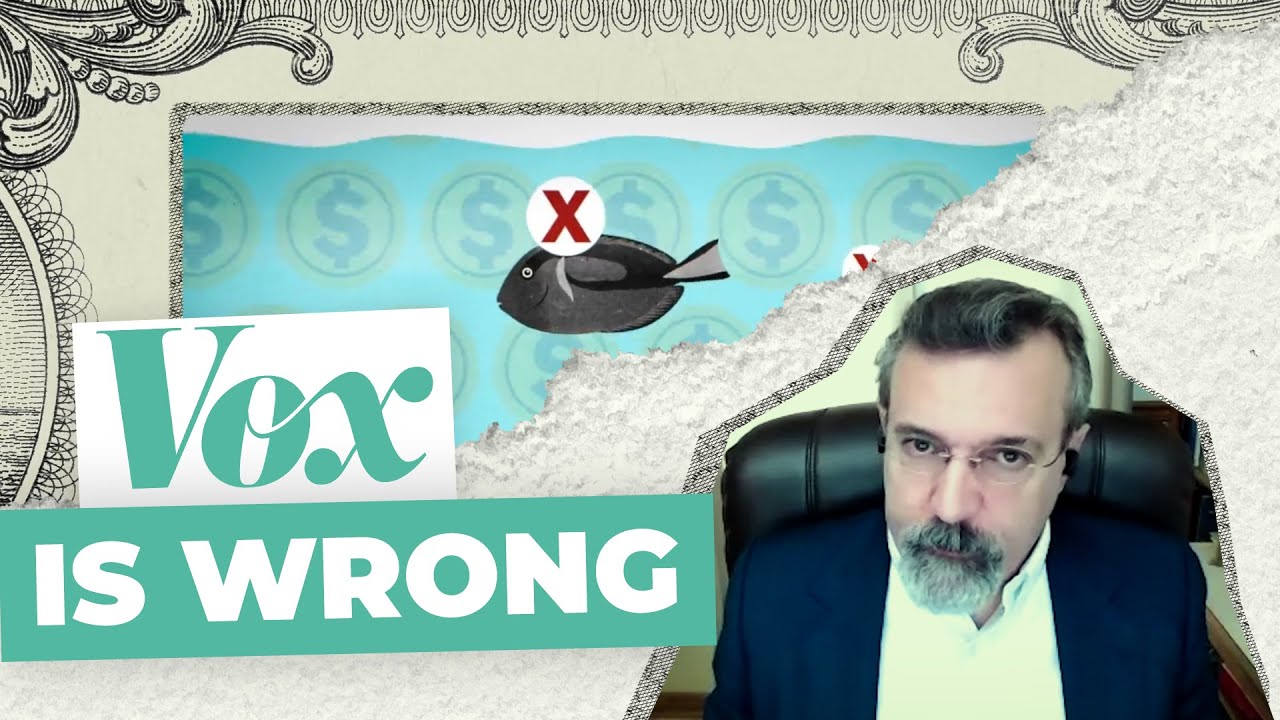
Prof. Antony Davies: Why the US doesn’t want inflation, explained
July 30, 2021 | Video
Vox recently posted a video explaining how inflation works and why some people want inflation to rise in the US. However, they are not telling the whole story, so we had to set the record straight.
We invited our good friend, professor Antony Davies, to explain what inflation is and how that affects the lives of everyone. He talks about how inflation erodes people’s purchasing power, the role of politicians in all this, and what people can do to protect themselves against inflation. We want to hear what your savings strategies are against inflation. Comment them down below!

